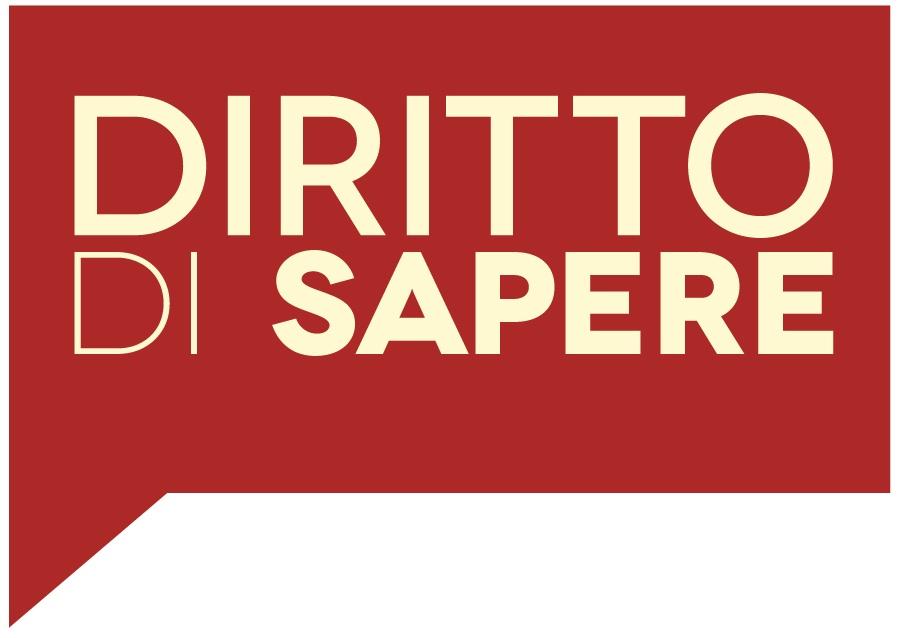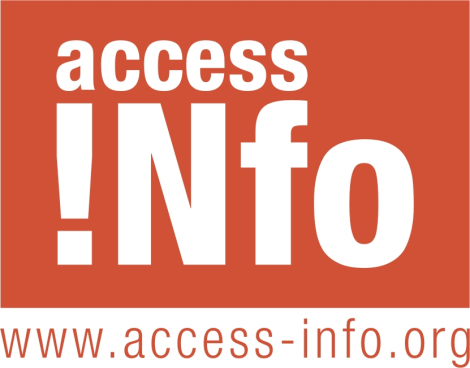Unsatisfactory (73%) versus satisfactory (27%) responses to requests
 • Italian public institutions do not answer, refuse or gave inadequate answers to 73% of requests from citizens and the media;
• Italian public institutions do not answer, refuse or gave inadequate answers to 73% of requests from citizens and the media;
• Only 27% of 300 rquests resulted in release of information, of which just 13% received full information.
 Perugia, 25 April 2013 – Italians are asking questions but the Italian government gives very few answers: The findings of the first and most extensive access to information monitoring ever carried out in Italy show that almost three times out of four, requests for information on matters such as public expenditure, health, environment and the justice system do not get satisfactory answers.
Perugia, 25 April 2013 – Italians are asking questions but the Italian government gives very few answers: The findings of the first and most extensive access to information monitoring ever carried out in Italy show that almost three times out of four, requests for information on matters such as public expenditure, health, environment and the justice system do not get satisfactory answers.
A report, «The Silent State«, on this first Italian access to information monitoring is being presented today at the International Journalism Festival in Perugia by Italian NGO Diritto Di Sapere and Access Info Europe (headquartered in Madrid) who jointly carried out the study.
The monitoring, which commenced in January 2013 and involved presenting 300 requests to city and regional administrations across Italy as well as to ministries and other public institutions, found that only 13% of request resulted in an answer which satisfactorily provided the information requested.
«Respect for the public’s right of access to information – the right do know – is key to open government, transparency and anti-corruption policies», stated Andrea Menapace, founder and spokesperson of Diritto di Sapere.
With respect to accountability of spending Menapace added that «In Italy, corruption is estimated to cost taxpayers as much as €60 billion per year. At present journalists have no way of tracking where this money is going because we simply don’t have the data».
Helen Darbishire, founder and Director of Access Info Europe and a DDS board member added: «The current economic and political crisis in Italy is also a crisis of transparency. Citizens are ill-informed about what is really going on in government and do not have the data needed to participate nor to hold the political class accountable».
In presenting the findings of the monitoring in Perugia, Diritto Di Sapere and Access Info Europe also the Italian government’s recent «Transparency Decree» – which came into force on 20 April 2013 – –noting that it does not introduce any major changes to the Italian Access Law (L. 241/90) but rather only provides a right to request information with public authorities should have already published proactively.
«The new law cannot be described as an «Italian Foia», as the Ministry of Public Administration has done», commented Helen Darbishire of Access Info Europe, adding that «Italy urgently needs to bring its access to information law and practice into line with, at least, the minimum European and international standards. At present levels of transparency in Italy are far behind both northern European countries and its neighbours to the east such as Slovenia and Croatia».
To read the report, please click here.
To see the video of the presentation, click here.
For more information, please contact:
Andrea Menapace, Spokesperson, Diritto di Sapere
info@dirittodisapere.it | +39 340 9045837 | +39 349 4154010
Helen Darbishire, Executive Director, Access Info Europe
helen@access-info.org | +34 667 385 619
Notes
» Diritto Di Sapere
» Access-Info Europe [www.access-info.org/], founded in 2006, is a leading international NGO working to promote the right of access to information in order to advance human rights and public participation in decision-making, and to hold governments accountable.
» The Open Society Foundations (www.opensocietyfoundations.org) supported the research into access to information in Italy.

